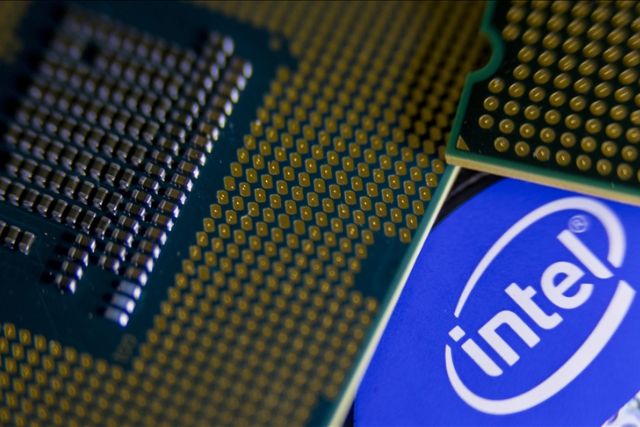Quantum computing, artificial intelligence bring new threats: S&P Global
AI feeds on vast amounts of data, quantum computing provides unprecedented processing speed, says report

ISTANBUL
Quantum computing's combination with artificial intelligence (AI) promises a shift in computational speed, but it will also bring new threats in terms of cybersecurity, privacy and other potential damages, S&P Global said Tuesday.
"AI and quantum computing each offer foundations for new technologies and applications that are capable of redefining the boundaries of computational possibility," the ratings and analytics agency said in a report. "Yet it is the combination of AI's ability to synthesize results from vast amounts of data and quantum's supercharged computing power that promises to be truly revolutionary."
S&P Global said the combination of quantum computing and AI could lead to major advancements in various sectors from health care via accelerated drug discovery, to energy production where optimization could deliver sustainability.
"Quantum computers can potentially break current public-key encryption methods but should also enable the development of quantum-resistant encryption techniques. AI can enhance cybersecurity by detecting and mitigating threats in real-time," it said.
"AI feeds on vast amounts of data, and quantum computing provides unprecedented processing speed. As these systems are combined and develop, so will their ability to infer sensitive information from seemingly innocuous data, potentially exposing individuals and companies to privacy breaches and identity theft," it warned.
The report, however, noted that the new technologies are "nascent and expertise" as they remain concentrated in the hands of relatively few people and institutions.
The S&P Global said advancements in the combination of quantum computing and AI will require scarce human talent and the development of specialized hardware and algorithms.
Thus, quantum AI will remain "the preserve of well-funded institutions" and its widespread commercial adoption is unlikely in the next decade, it added.





